
Jevtana (cabazitaxel) was granted approval by the Food and Drug Administration (FDA) for the treatment of men with metastatic castration-resistant prostate cancer who previously received a docetaxel-containing regimen.

Jevtana (cabazitaxel) was granted approval by the Food and Drug Administration (FDA) for the treatment of men with metastatic castration-resistant prostate cancer who previously received a docetaxel-containing regimen.

The Food and Drug Administration approved the first ever biosimilar to treat a variety of cancers.
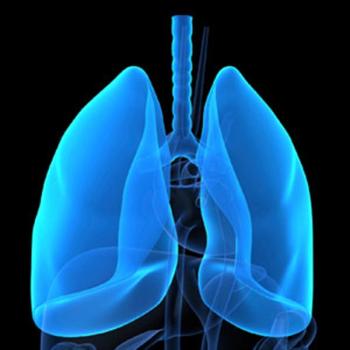
According to the results of a recent study conducted in China, patients with stage 3B/4 non-small cell lung cancer (NSCLC) saw a 3.3-month increase in median progression-free survival (PFS) when taking Conmana (icotinib) compared to those who were taking chemotherapy.

The immunotherapy agent Keytruda (pembrolizumab) had an overall response rate (ORR) of 33 percent in a recent trial including patients with extensive-stage small cell lung cancer (SCLC). Findings of the phase 1b KEYNOTE-028 trial were published in the Journal of Clinical Oncology.

A new drug may be on the way to treat patients with advanced melanoma, as the FDA granted LN-144, which is produced by Iovance Biotherapeutics, a fast track designation. The drug uses tumor-infiltrating lymphocyte (TIL) technology to bolster the body’s immune system to attack cancer cells.

Bosulif (bosutinib) was granted a priority review to a supplemental new drug application (sNDA) by the Food and Drug Administration (FDA) for use in the first-line treatment of patients with Philadelphia chromosome-positive (Ph+) chronic myeloid leukemia (CML).

The Food and Drug Administration (FDA) granted a priority review to a supplemental biologics license application (sBLA) for Gazyva (obinutuzumab) to be used in combination with chemotherapy for first-line treatment of patients who have follicular lymphoma, according to Genentech, the manufacturer of the drug.
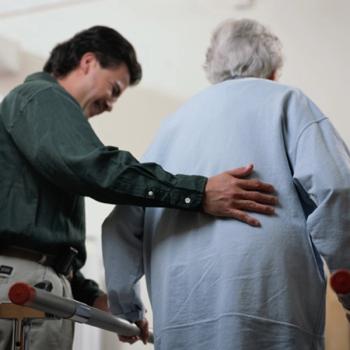
End-of-life care is of particular concern for elderly patients with AML because prognosis is poor and has not changed in several decades. Median survival for patients 65 or older is roughly two months and drops to as low as one month for patients over 85 years.
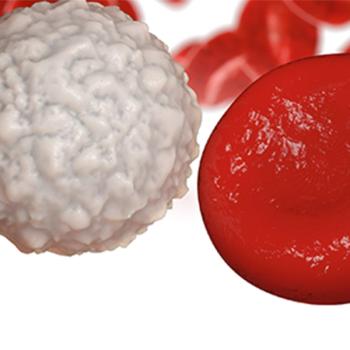
A type of CAR-T cell therapy is showing promise in a phase 1 study for patients with Hodgkin lymphoma and ALCL.
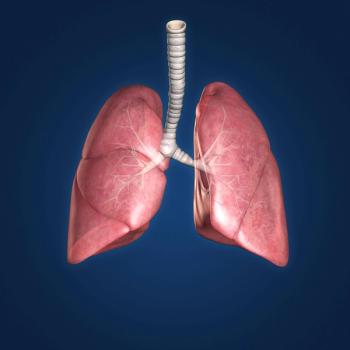
ASCO updated guidelines for the treatment of certain patients with advanced non-small cell lung cancer (NSCLC).

Positive clinical trial results are released at a critical moment in time.

Acalabrutinib was granted a priority review to a new drug application (NDA) to be used to treat patients with mantle cell lymphoma (MCL) who have had previous treatment, according to AstraZeneca, the manufacturer of the drug.

The immunotherapy agent Opdivo (nivolumab) showed clinical acitivty in women who had recurrent/metastatic cervical cancer, and was active to a lesser extent in vaginal and vulvar cancers, according to results from the CheckMate-358 trial.

Patients with mantle cell lymphoma who were treated with Imbruvica had a better quality of life than those treated with another agent, according to the results of a recent study.

Patients with head and neck squamous cell carcinoma (HNSCC) saw an improvement or stabilization in quality of life when they were treated with Opdivo.

Children with Philadelphia chromosome-positive chronic phase chronic myeloid leukemia (CP Ph+ CML) may soon have a new treatment

For women with platinum-sensitive, high-grade ovarian, fallopian tube or primary peritoneal cancer, an improved progression-free survival (PFS) was seen for those who took Rubraca (rucaparib) as a maintenance therapy, compared to placebo, according to the phase 3 ARIEL3 trial.

For patients with cisplatin-ineligible advanced urothelial cancer, frontline treatment with Keytruda (pembrolizumab) showed long-lasting response, according to updated phase 2 results from the KEYNOTE-052 trial.

The combination of Tafinlar (dabrafenib) and Mekinist (trametinib) gained approval from the Food and Drug Administration (FDA) for the treatment of patients with BRAF V600–positive advanced or metastatic non–small cell lung cancer (NSCLC).

Cabometyx had better progression-free survival rates than Sutent (sunitinib) for certain patients with renal cell carcinoma.

Progression-free survival (PFS) was not significantly improved with the combination of dalantercept plus Inlyta (axitinib) in patients with advanced renal cell carcinoma (RCC) compared with placebo, according to the results from the phase 2 DART trial.

Merck will be pausing two trials testing Keytruda in patients with multiple myeloma.
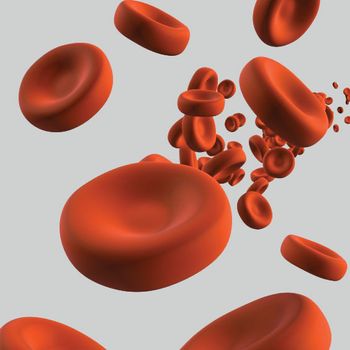
Many patients with relapsed or refractory multiple myeloma saw clinical remission with CAR T-cell therapy.

According to phase III findings presented at ASCO 2017, single radiation treatment relieved the symptoms of spinal cord compression in patients with advanced cancer as effectively as a five-day course.

VYXEOS (CPX-351), a novel injection, was granted a new drug application (NDA) by the Food and Drug Administration (FDA), granting the drug a priority review for the treatment of acute myeloid leukemia (AML), according to Jazz Pharmaceuticals, the producer of the drug.

According to results from the phase 3 RANGE trial, the addition of Cyramza (ramucirumab) to docetaxel resulted in improved progression-free survival for patients with previously treated locally advanced or unresectable or metastatic urothelial carcinoma.

Keytruda (pembrolizumab) was granted a priority review to a supplemental biologics license application for the treatment of patients with recurrent or advanced gastric or gastroesophageal junction adenocarcinoma who have undergone at least two courses of chemotherapy.

Early results for a new agent, pyrotinib (HTI-1001), are showing promise for the treatment of HER2-positive breast cancer, according to phase 1 results from China published in the Journal of Clinical Oncology, which showed that the drug was well-tolerated and showed anti-tumor activity.

A recent study found Avastin to be more effective in treating certain types of ovarian cancers.
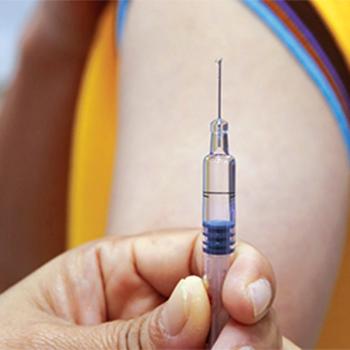
Despite impressive efficacy for the human papillomavirus (HPV) vaccine reducing the prevalence of high-risk oral HPV infections by 88 percent, many young adults still are not getting the vaccine – sparking concern in the health community.